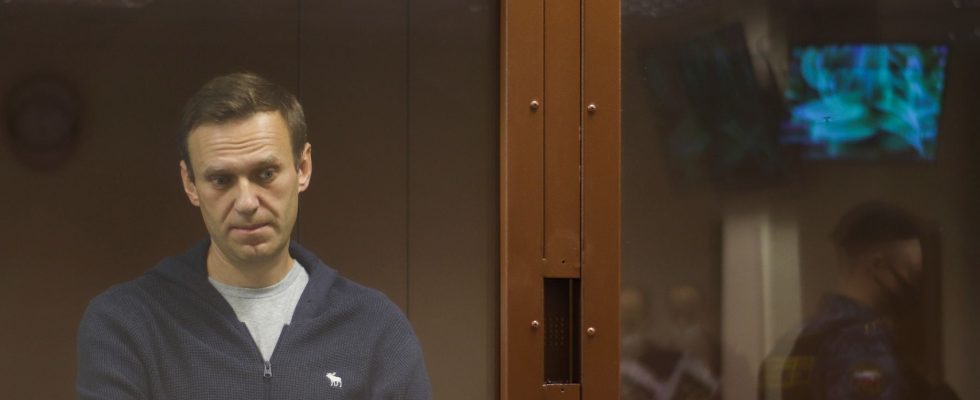After being imprisoned for 1,124 days, political opponent Alexeï Navalny died on February 16, in a penal colony in the Yamalo-Nenets region, deep in the Russian Polar Circle where he was transferred last December. Although the circumstances of his death are unclear, the extremely difficult living conditions in which he lived had damaged his health.
Andreï Soldatov, Russian journalist in exile in England, Russian secret service expert and founder of the site Argentura, sees in Navalny’s death the symptom of a power that no longer has any limits. Interview.
L’Express: Since Alexeï Navalny’s return to Russia in 2021, was his death inevitable?
Andrei Soldatov: Yes, it seems to me. For the Kremlin, the idea was to make his living conditions horrible, conditions in which it was impossible to survive. It was, in a way, torturing him to death. Navalny still continued to be active, thanks to his teams, on social networks. It was his way of responding, which prompted the Kremlin to increase pressure on him. By the end, Navalny had virtually no communication with the outside world. The Kremlin directly attacked his lawyers, to completely silence him, and constantly transferred him to solitary confinement. It was all part of the same strategy: to extinguish Navalny.
However, his death comes as a shock. We still hope that Putin will never do everything he is capable of. Already in 2015, when Boris Nemtsov was assassinated, no one believed that those in power could go so far as to kill a former MP and a former Prime Minister. But since the war in Ukraine, Putin no longer has limits: the death of each opponent is part of the implacable logic of his reign.
After the announcement of his death, do you believe that a popular uprising is still possible?
This is unlikely, given that in Russia, even the slightest demonstration has become prohibited. Each time, the authorities hypocritically invoke Covid-19 to ban all gatherings. Unfortunately, what happened in 2015, during the funeral of Boris Nemtsov, will not happen: people gathered spontaneously on Red Square and in front of the Kremlin.
We will have to observe, in the coming days, how Navalny’s funeral will be organized. The type of ceremony, open to the public or not; the location of his grave, are very political questions that the Kremlin will take extremely seriously. His goal is to do everything so that people do not gather at his funeral, or at the place where he will be laid to rest.
A few weeks before the presidential election in Russia, which will be held on March 15, does Navalny’s death strengthen Putin?
In the immediate future, Navalny’s death can only benefit Putin. This event cannot be dissociated from the upcoming presidential election. The Kremlin believes that political upheaval can occur at any time, especially during war. This is why he is so paranoid in every election.
When you kill someone quickly, it creates turmoil in society. But when a man is killed after almost three years, it sends a much more terrible message to the population, because in Russia, everyone remembers the gulags of the Soviet Union. It is a trauma that is still present in society. However, Vladimir Putin excels at intimidation, which is why he has, in a way, rehabilitated the gulag. The message is: “you will be buried alive, very far from home and in horrible conditions.” Now, as soon as someone threatens power, we have the impression that this is where they will end up.
Is Russia transforming into a totalitarian regime?
This is what we all fear. The repression is intensifying terribly, and Putin has in hand all the necessary tools to complete the establishment of such a regime.
What does Navalny’s death mean for the rest of the Russian opposition?
It’s psychologically very hard. Navalny was the leading figure of the Russian opposition, both for those living in Russia and those in exile. He was a sort of guide, a reference. He was a very optimistic and motivating person. His death today creates confusion among people who are part of the opposition. It will dash many people’s hopes for political change in the country.
The other political prisoners, like Vladimir Kara-Murzasentenced to 25 years in prison, will experience the same fate?
For them, Navalny’s death represents yet another wake-up call that they are in a very dangerous situation. They are clearly the next target, the message to them is that they must shut up.
.
